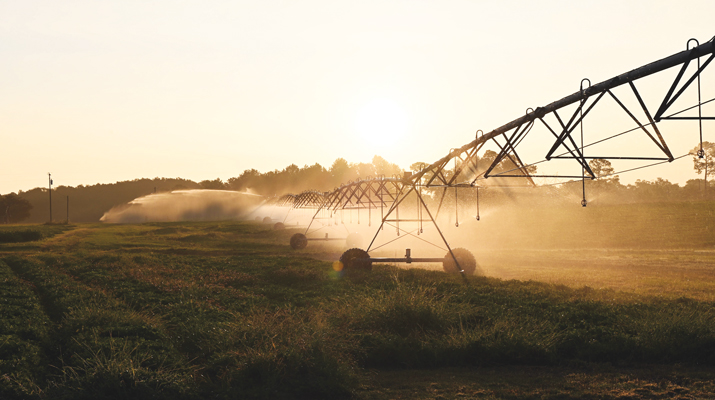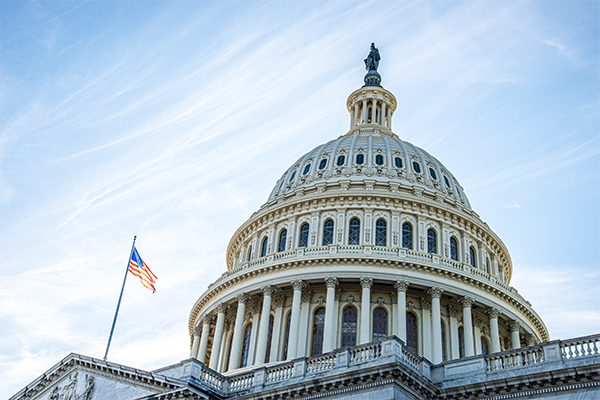NFPA 58 code changes in progress
The National Fire Protection Association’s (NFPA) Technical Committee on Liquefied Petroleum Gases is making changes to the LP gas code that will result in a new edition of NFPA 58 in 2023. Watch for it. It will have some interesting changes.
The change we’ll consider here will affect how piping attached to a container opening is designed. Please keep in mind that all changes to the code in process are preliminary and subject to change.
Proposed change: Sizing excess-flow devices in container openings
A long-standing requirement will likely be removed. The current section 5.9.8.1(H) requires that “The connection or line that leads to or from any individual opening shall have a flow capacity greater than the rated flow of the excess-flow valve protecting the opening.”
This requirement is old (pre-1950) and applies to virtually every bulk plant, industrial plant and dispenser. New annex material in the 2020 edition explains that providing an in-line excess-flow valve of the smaller piping at each pipe-size reduction is typically how this requirement is met. This idea causes some operational concerns when the reduction is near a pump.
Determining the flow capacity can be determined theoretically by engineering calculations that consider pressure drops caused by flow through pipes, fittings, valves and equipment. Such calculations are not simple. It’s not as clear a science as we would hope, as I experienced in an earlier career in power plant piping. Add to that:
- There are many scenarios in which the system could fail and result in a release that must be controlled.
- Wide pressure changes due to temperature changes.
- Propane is very close to its boiling point while transferred, so it risks flashing to vapor and having different flow characteristics.
We invited calculations to show compliance with the requirement and have yet to receive any. There have been a couple of calculations for partial systems sent to justify parts of the system close to the tank, but nothing for a failure way out at the bobtail loading hose.
Thus, many systems operate well under normal conditions. As far as I know, none of these have been calculated or demonstrated to control releases passively during various scenarios of piping failure. A knowledgeable human must be present to close the container control valves, but that’s not a code requirement unless there is an active transfer. Closing internal valves or container-opening ESVs when a transfer is not in progress would effectively eliminate most release scenarios. The NFPA 58 committee’s current actions may be leading to such a requirement.
Consider, too, how excess-flow valves or excess-flow devices on internal valves are chosen. The highest flow rate is usually selected to facilitate operation and prevent nuisance stops. Is this a wise choice? If the bobtail loading pump is rated at about 130 gallons per minute (gpm), does it make sense to have a 500-gpm-rated valve in the container liquid outlet?
Submit comments
There are many unanswered questions. You can weigh in on the discussion with your ideas about how to determine if a system will operate as intended for other-than-normal operation. Or do you think that depending on passive protection is a fool’s errand? Is placing trust in humans to properly monitor transfers and to close valves when complete any more reliable?
The first draft report on the committee’s recent actions will be available by Oct. 27. Look at it, and make suggestions for better ideas. Make your comments by the closing date of Jan. 5, 2022. Comments must be submitted online. Any committee member would likely be glad to help if you feel challenged by the system. Visit nfpa.org/58 and click on “Next Edition.”
Richard Fredenburg is an LP gas engineer at the North Carolina Department of Agriculture and Consumer Services, Standards Division. He is also a member of NFPA’s Technical Committee on LP Gases.
















